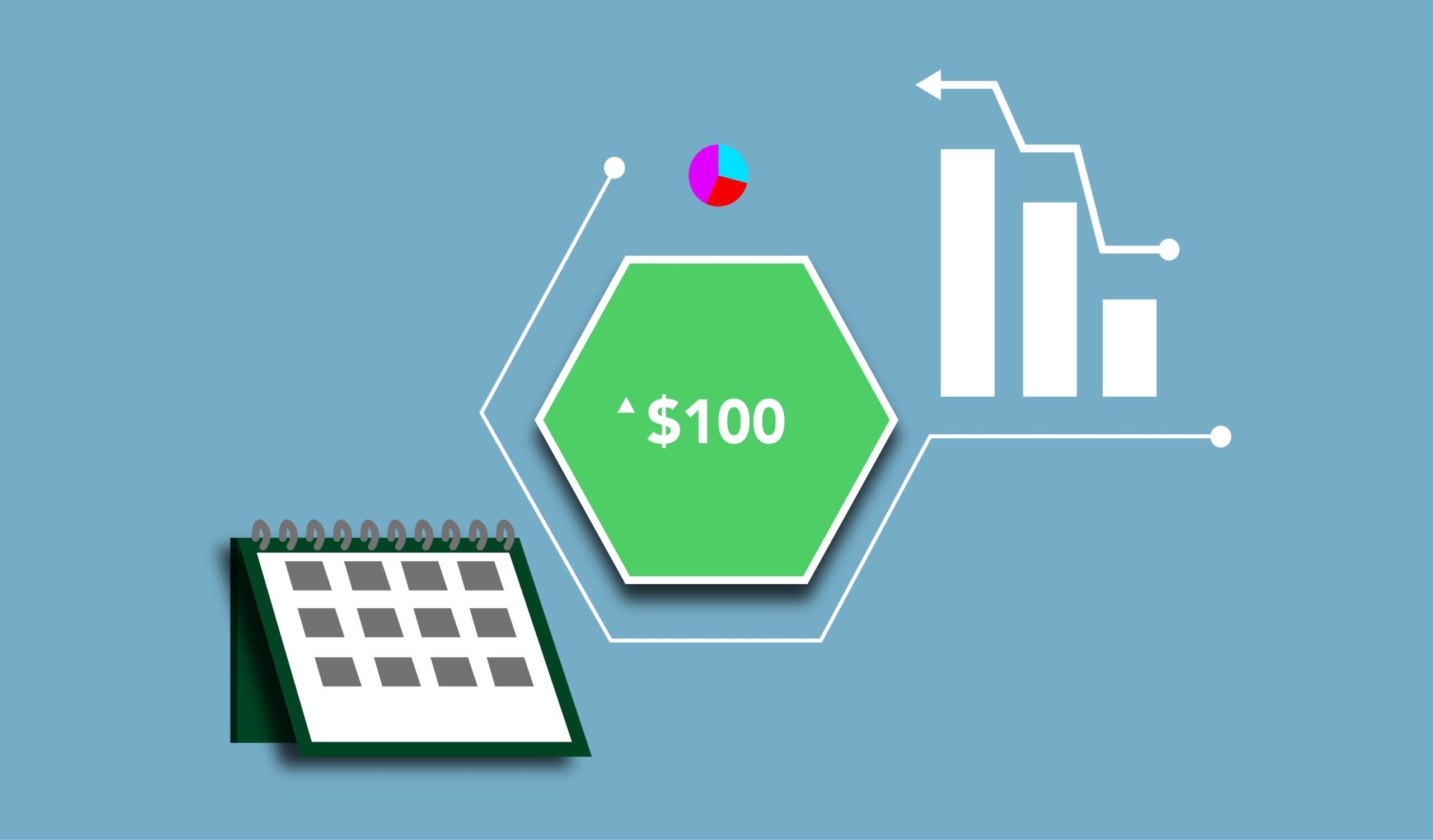- contact@binategroup.com.au
- ISO 9001:2015 Certified

When a debt collection company is tasked with collecting your debt, they typically follow a structured process to maximize the chances of successful recovery. Here’s an overview of how a debt collection company may go about collecting your debt:
It’s important to note that the specific processes followed by debt collection companies can vary based on the jurisdiction and the terms of the agreement between the creditor and the collection agency. Debt collection agencies must adhere to applicable laws and regulations, including those governing fair debt collection practices and consumer rights.
